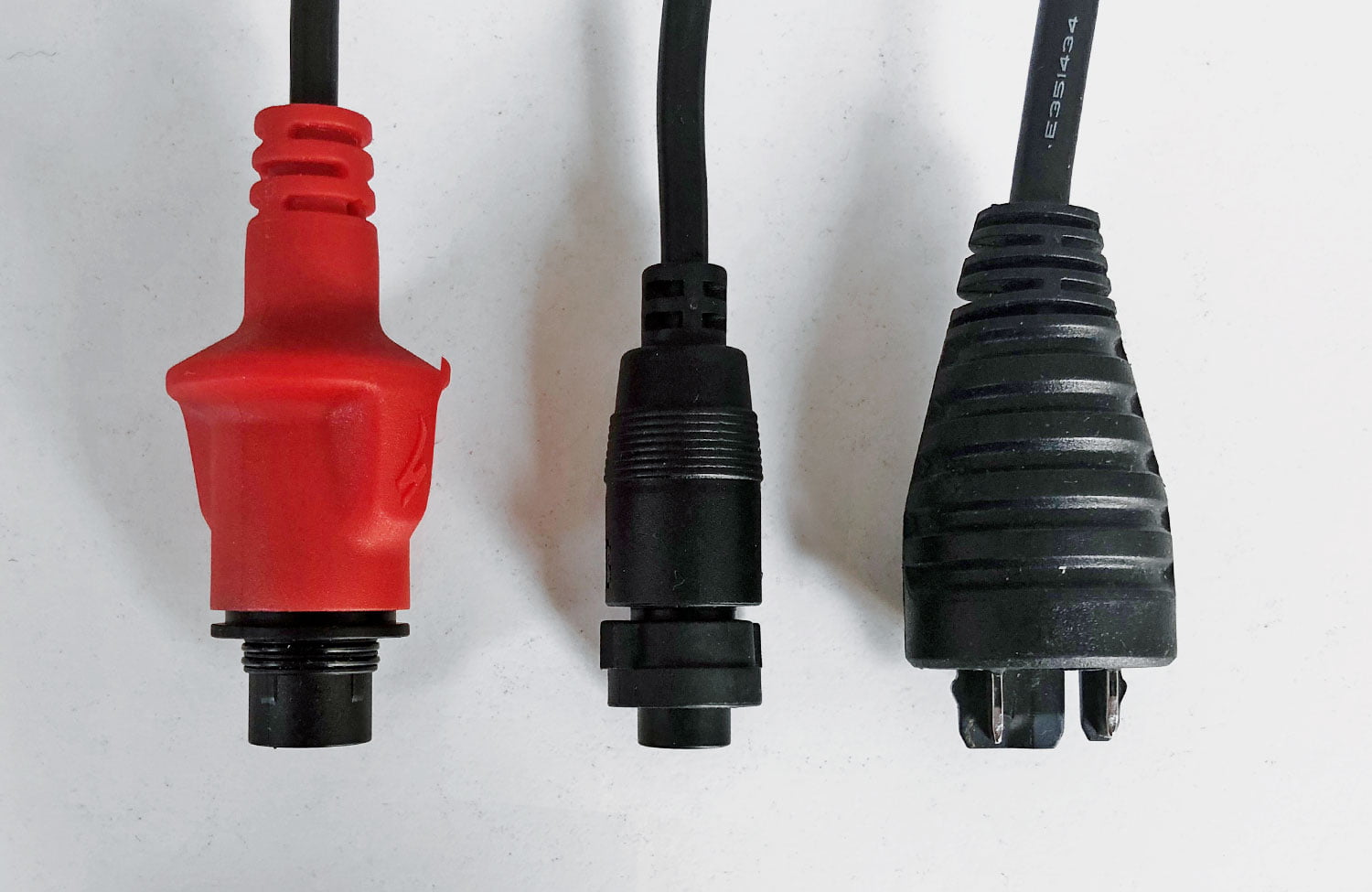Whether electric car or smartphone — in both cases, the European Union has set standards that provide a uniform way to charge. The advantages for the consumer are obvious: Not only does this simplify the charging process itself, as practically any device can be connected to any charger. Costs are also reduced, as the consumer is no longer at the mercy of the manufacturer’s proprietary and usually expensive charger (in the case of e-bikes, the drive system). And a uniform standard also helps to reduce electronic waste!
What’s the problem?
The urgency of this problem may seem far-fetched to some. After all, if you only use one e-bike and always charge it at home, you will rarely look for alternative charging options. But you will regret having to carry the right charger with you when you go on your first long bike ride beyond the battery range!
The reasons for this are currently obvious: Although Bosch systems have a fairly large market share, there are also enough other brands of drive systems. Whether it’s Shimano, Brose, Yamaha, Ebikemotion or Fazua — when it comes to charging, each manufacturer does its own thing and also equips the respective charger with its own proprietary plug. No wonder then that due to the large number of different models it is unthinkable for hotels or restaurants to provide suitable chargers for all e-bikes.
But not only hobby cyclists are affected, the growing number of commuters would also benefit from a uniform charger. People who commute longer distances to work will certainly not want to transport the charger from A to B and back every day. So the only option is to buy a second charger, which is usually expensive. However, if you switch to a bicycle with a different drive system, you will have to equip yourself with new chargers again.

What would be the solution?
But let us now imagine that there were a uniform charging standard: employers, companies, hotels and restaurants would then have a real incentive to invest in the charging infrastructure of e-bikes for customers and employees. The utilisation of the charging points would be significantly higher, as many more cyclists would be able to use the charger. In addition, such a standard would probably last for many years — regardless of the rapidly changing drive systems of individual manufacturers. Ultimately, this should also reduce expenditure thanks to uniform chargers, as this would also clear the way for compatible and usually cheaper products from third-party suppliers.
With a total of 1.4 million e-bikes sold in Germany in 2019 alone, the question arises as to when the specification for a uniform charging standard will finally come from Brussels? It is about time!







